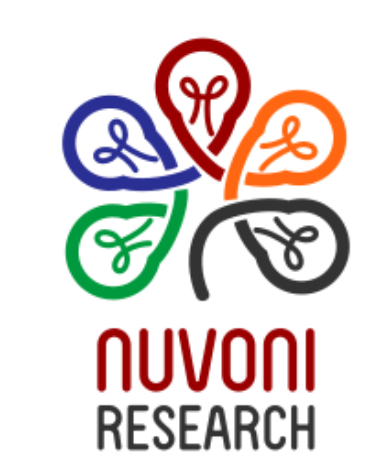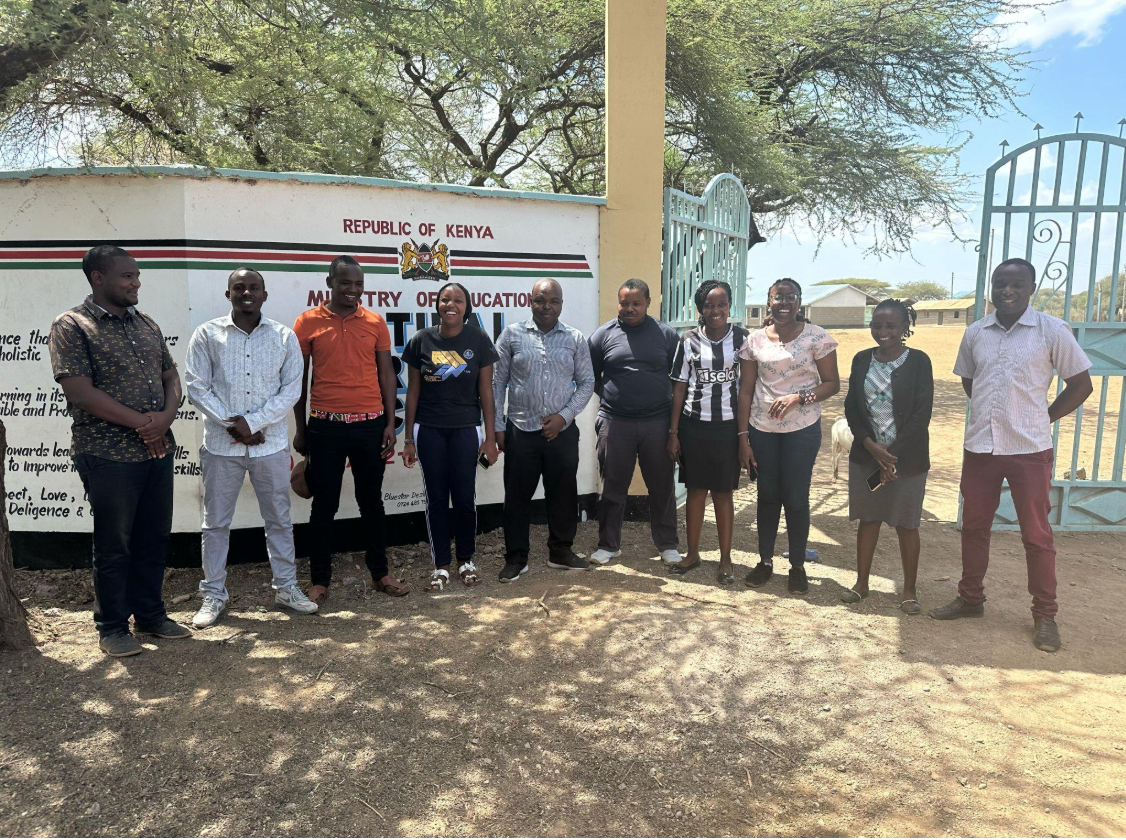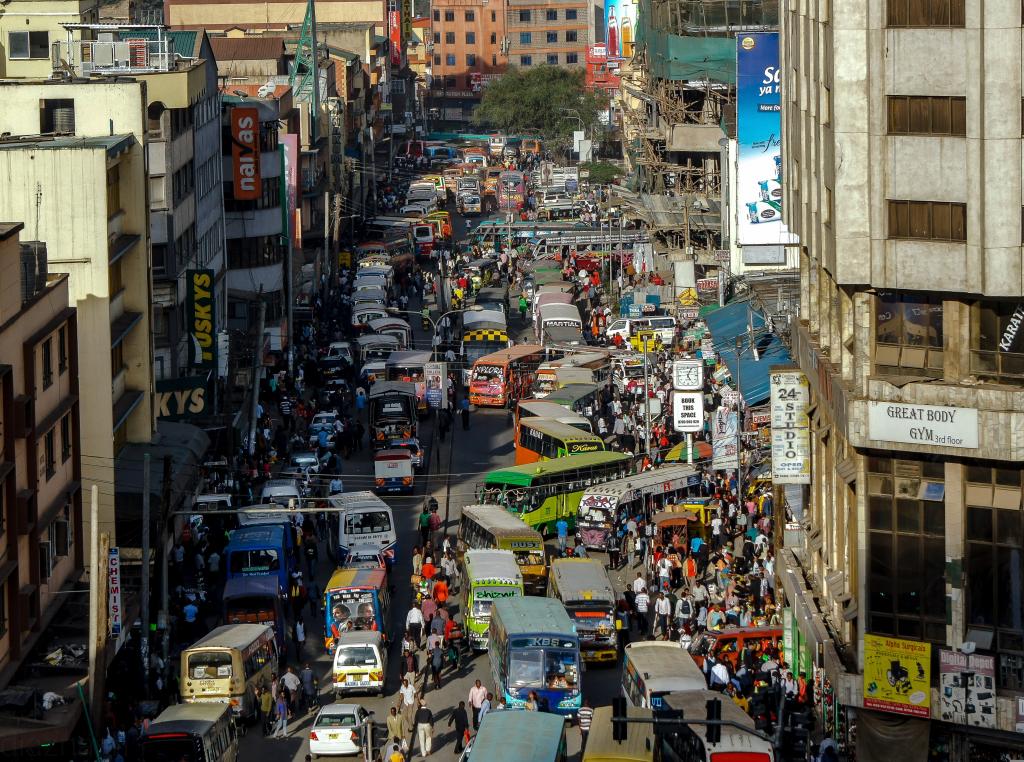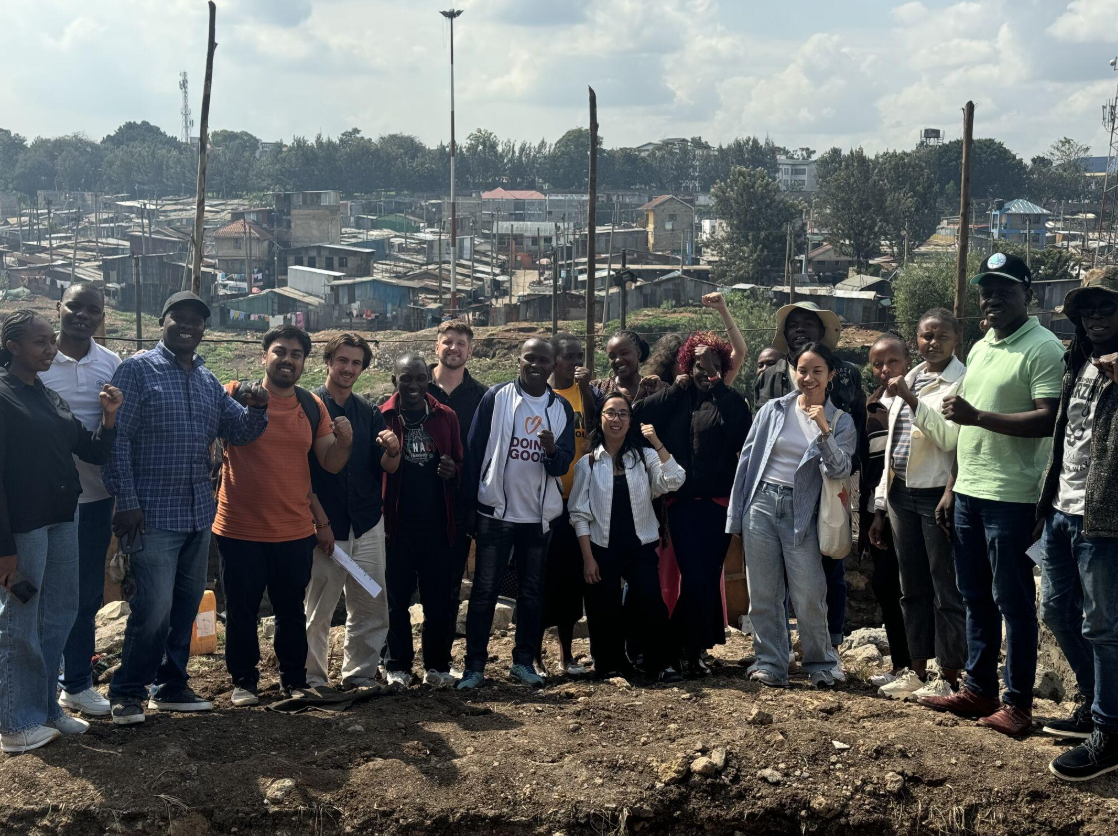Back to LDE Thesis Labs page
How to apply for this lab?
Note that the deadline for this Thesis Lab is on the 3rd of October 2025. If you are interested in taking part in this Lab, instead of filling in the application form, please send the following via email to a.h.kazimierczuk@asc.leidenuniv.nl:
• A letter of motivation
• A letter of support from your thesis supervisor
• A draft concept note/idea for the proposal in one of the Lab’s themes and suggestion for the thesis supervisor (with their approval if already available).
• CV and other academic credentials
For any additional queries, please email a.h.kazimierczuk@asc.leidenuniv.nl
This thesis lab will focus on the following core themes: (i) Waste management in cities, (ii) Carbon dioxide removal technologies and (iii) Clean energy transitions.
Theme 1: Waste Management in Cities
Across the Global South, and particularly in many African cities, rapid urbanization, population growth and changing consumption patterns have intensified the strain on waste management systems. Inadequate infrastructure, limited institutional capacity and growing informal settlements have made it difficult to keep pace with rising volumes of urban waste, resulting in environmental pollution, public health concerns and increased vulnerability among low-income communities. Nairobi generates approximately 2,400 tons of waste daily, yet only 38% is collected and less than 10% recycled. The rest is either informally reused, dumped illegally, or ends up in rivers, roadsides, and open spaces—particularly within informal settlements. These areas often lack access to formal waste management services, leaving residents to rely on under-resourced informal systems, revealing systemic governance failures, livelihood vulnerabilities of informal waste work, creation of pollution hotspots and other challenges.,
This lab invites students to assess the current state of solid and liquid waste systems as well as how waste management practices affect the safety, accessibility, or use of public space. The theme will involve mapping waste ecosystems, engaging with stakeholders and analysing policy and regulatory gaps. Students will be encouraged to propose practical and policy-driven recommendations and develop models for community-centred and inclusive waste management.
Ideal candidates are those with backgrounds in environmental studies, urban planning, public policy, public health or related fields and who are passionate about creating equitable and sustainable urban environments.
Theme 2: Carbon Dioxide Removal (CDR) Technologies
Our planet’s urgent need to limit global warming has driven unprecedented efforts to reduce greenhouse gas emissions. Some argue that an aggressive decarbonization trajectory will not be enough to stabilize the climate; we must also actively remove carbon dioxide from the atmosphere through a suite of biological and technical Carbon Dioxide Removal (CDR) approaches. Sub-Saharan Africa—endowed with abundant land, solar and geothermal resources, and rich biomass—is perceived as having immense potential for CDR deployment. At the same time, nascent regulatory frameworks, financing gaps, technological uncertainties, and questions around social and environmental justice create a complex landscape for scaling CDR in the region.
The lab invites master’s students to explore this frontier. Projects may advance our understanding of how to design, govern, finance, and implement CDR solutions in Kenya and beyond. Potential research themes include analysing regulatory and institutional barriers and explore pathways for embedding CDR in policy, exploring business models, mapping local innovation ecosystems for CDR technologies, investigating perceptions of CDR among communities and co-designing benefit-sharing mechanisms, quantifying ecosystem impacts of CDR interventions, among other topics. The projects will engage with government agencies, policy experts, NGOs, researchers, private sector actors and communities to generate critical insights that contribute to equitable and practical climate solutions.
Students from backgrounds in environmental science, climate policy, economics, engineering, sustainable development or related fields are especially encouraged to apply.
Theme 3: Clean Energy Transitions
Access to clean, affordable and reliable energy remains a significant challenge in many low-income urban areas. Households in informal settlements of Nairobi largely depend on traditional fuels such as charcoal, firewood and kerosene- that are not only inefficient and costly but also detrimental to human health, air quality and the environment. Charcoal production and consumption have far-reaching impacts on deforestation, carbon emissions and public health.
The lab offers students the opportunity to investigate key aspects of the clean energy transition, including household energy access, barriers to adopting clean cooking solutions, energy stacking practices, and the viability of alternative energy sources such as biogas, briquettes, and solar-powered systems. Students could also explore energy planning and modelling, health perceptions in relation to traditional fuels and air pollution generally, innovative community-based energy provision models, gender and social inclusion (GESI) dimensions of energy access and use, and policy gaps that hinder wider adoption of sustainable energy solutions.
Through field-based assessments, stakeholder engagement and policy analysis, students will generate evidence to inform practical and policy-oriented solutions for inclusive energy access and low-carbon development in urban and peri-urban settings.
This research opportunity is ideal for students with backgrounds in energy policy, environmental studies, urban development, public health or climate change and related fields.
Main Challenge
How can Nairobi and Kenya accelerate just and sustainable urban and energy transitions – through inclusive waste management, scalable carbon removal strategies, and equitable clean energy solutions – while engaging local communities, policymakers, and practitioners?
Programme & application
Online and physical preparatory meetings between November 2025 and January 2026. (tentative dates are 3 November 2025, 17 November 2025, 8 December 2025, 12 January 2026)
1 week thesis lab workshop in Nairobi, with mini-lectures, field visits and methods-labs. Tentative planning dates: 4 February - 11 February 2026
If your MSc study programme requires you to do longer fieldwork for your thesis, we can support a 2–3-month fieldwork for MA/MSc thesis, with peer support from students and regular check-ins with Nairobi-based and the Netherlands-based supervisors.
Post-fieldwork online check-in’s: Last week of each month starting from March or April 2026 until June 2026
Please note that students from the Dutch Universities are asked to cover the travel and fieldwork cost. We are also determining whether student or internship/research visa would be more appropriate for NL students.
Caseholders
Nuvoni Centre for Innovation Research is an independent academic research firm based in Nairobi, Kenya. Their mission is to undertake research on science, technology and innovation and its role in fostering inclusive development in Africa. Their current focus areas are energy, technology and innovation management and urban development.
The African Studies Centre Leiden is an interfaculty institute of Leiden University that undertakes research and is involved in teaching about Africa and aims to promote a better understanding of and insight into historical, current and future developments in Africa. It has an excellent library (open to the general public).


interesting reads
Curious to see the outputs from Cohort One of the Thesis Lab? 🌍✨ Over the next few weeks, the LDE-East Africa Research Network (LEARN) will be sharing a series highlighting the students’ innovative knowledge products—from clean energy and disaster response to community-led resilience. Stay tuned!
Check out their LinkedIn here!
See below other news items.



